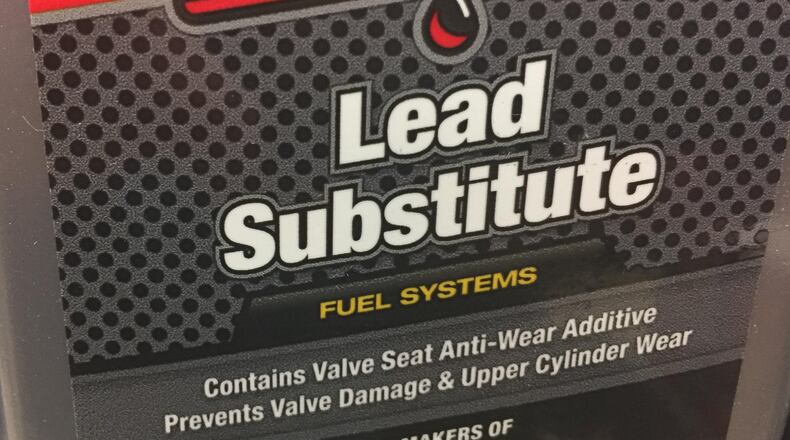Also, the vehicle was restored before we got it, so I don’t know if any engine modifications were made to accommodate unleaded fuel. Consequently, I always add a lead substitute to every tank fill-up. In the event the necessary modifications were, in fact, done before we purchased the car, other than adding unnecessary air pollution, is there any harm being caused by adding lead substitute to the fuel at every fill-up?”
Halderman: The best way to find out how the gas works is to try using first midgrade (Plus) and see if the engine pings under a load when it is hot. When the engine "pings", it sounds like loose marbles in a steel can. If it does, then continue to use premium grade. If it does not ping using midgrade, try regular at the next fill-up and see if it pings. There is really no other reasonable way to find out.
I don’t really think using a lead substitute is needed. The valves may recess into the cylinder head if hardened seats were not installed (not likely), but to have this happen requires the engine to be operating under a heavy load and at high speeds for a long period of time. If you drive this car in hilly areas at highway speeds for hours at a time, then yes, continue to use the lead substitute, but maybe reduce it to every other tank fill-up. If the car is being driven around town at lower speeds and not under a heavy load, I don’t think there is a need to continue to use it.
Have an automotive related question? Write to Jim at jim@jameshalderman.com
About the Author
